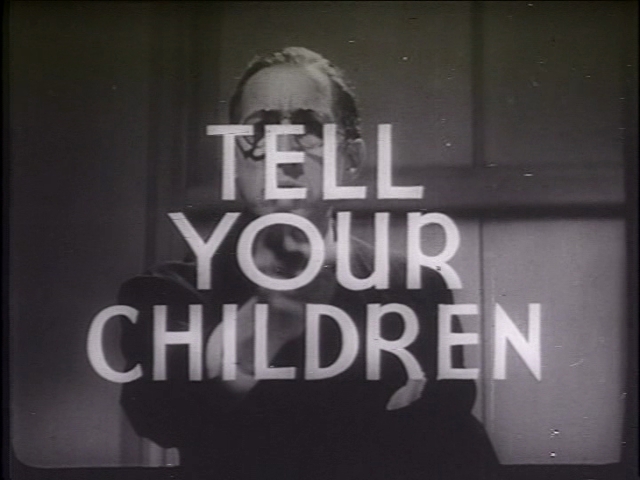 Have you seen that new study from Massachusetts which bucks all common wisdom, proving that cannabis is addictive after all? You have if you’ve seen recent coverage from The Daily Mail, which triumphantly opens:
Have you seen that new study from Massachusetts which bucks all common wisdom, proving that cannabis is addictive after all? You have if you’ve seen recent coverage from The Daily Mail, which triumphantly opens:
“Cannabis is widely believed to be nonaddictive – but a new study claims 40 per cent of young users show signs of addiction.”
The data used to back up this claim comes from self-reported symptoms of withdrawal among teenage cannabis users, which “experts say,” according to the Mail, “is considered a clear sign of drug dependence.”
That must sound really scary to any parent with a teenage child. The previous going wisdom was that, while some users of cannabis become dependent on the drug, the number of users who do so (9%) is remarkably lower than almost any other drug, including alcohol (15%) and tobacco (33%). The idea that cannabis could be much worse for teenage users than previously expected – worse even than cigarettes! – could make any parent lose sleep at night.
Fortunately, those parents can breathe a little easier – because the story’s lede is misleading nearly to the point of outright falsehood.
Let’s examine the facts.
First, what is this 40% figure and where did it come from? A quick read of the details of the study reveals that the figure refers not to the general population of cannabis-smoking teenagers – as the Mail implies – but rather the population of teenagers in the study. This would not be a problem if the study population were representative of teenage pot smokers as a whole, but a single glance at the description of the study population clearly shows that this is not the case. At all.
From the study’s description:
“The study enrolled 127 adolescents between ages 14 and 19 being treated at an outpatient substance use disorder clinic, 90 of whom indicated that cannabis was the substance they used most frequently…
Of the 90 cannabis-using participants, 76 (84 percent) met criteria for cannabis dependence…Withdrawal symptoms were reported by 36 participants (40 percent of the overall group), all of whom also met criteria for dependence.“
Notice anything strange? That’s right: 100% of the study participants were being concurrently treated for substance abuse disorders.
In light of this fact, conveniently buried toward the bottom of the Mail’s report, the rest of the study’s findings are quite revealing indeed. For starters, there is a massive disparity between the number of study teens who were diagnosed with cannabis dependence (84%) and the number who reported symptoms of cannabis withdrawal (40%).
If you think about it, these figures are in fact quite remarkable: of a group of teenagers, 100% of whom are in treatment for “addiction” and 84% of whom are diagnosed as dependent on cannabis, only 40% show any symptoms of physical withdrawal. This, of course, begs the question of how the “addiction” treatment center came to treat more kids without withdrawal symptoms than kids with them.
The answer, of course, comes from the definition of cannabis addiction, which comes from the Diagnostic and Statistical Manual, Fourth Edition (usually known by its acronym, the DSM-IV), and which actually prefers the term dependence over addiction (this distinction is one which actually matters, but is outside the scope of this post). The DSM-IV’s definition, in fact, lists the presence of withdrawal symptoms as one of eight considerations which may indicate cannabis dependence — and some of the other factors have real issues with them.
As Sunil Kumar Aggarwal points out, these factors are clearly weighted against cannabis, primarily as a result of its illegal status. The only sensible conclusion is that the usual rate of dependence cited by otherwise serious people – 9% – has been grossly inflated by the DSM’s methodology, which deftly assumes its own conclusion. Dr. Aggarwal’s post is well worth the read to see why.
In light of these facts, the study cited by the Daily Mail as finally “proving” the addictive power of cannabis can only be read as doing exactly the opposite. By showing that only 40% of teens assumed to be cannabis dependent report any actual evidence of withdrawal, the study presents a strong case that the majority of adolescent cannabis users accused of dependence are simply not guilty.









